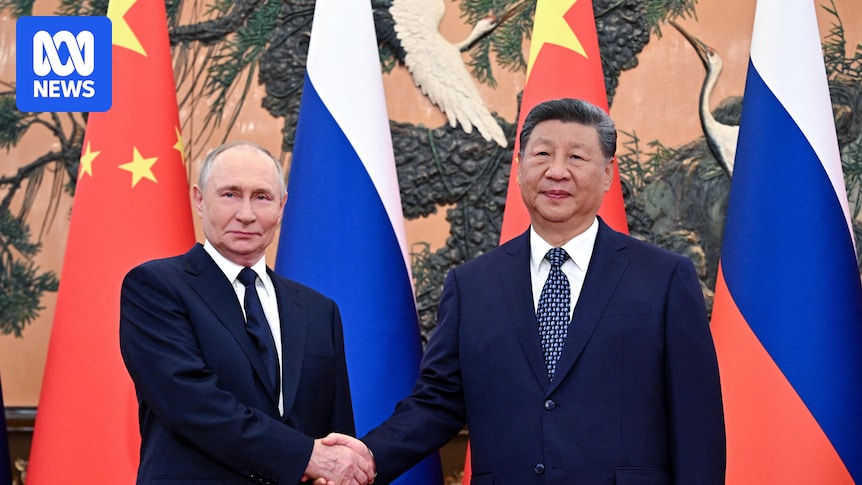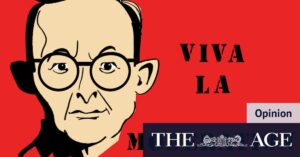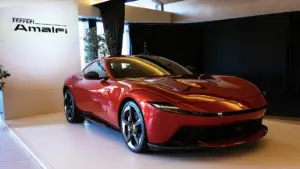
China’s largest-ever military parade, held on Wednesday to commemorate the 80th anniversary of the end of World War II, has been interpreted by experts as a signal of a shifting global power dynamic. The event saw Chinese President Xi Jinping flanked by Russian President Vladimir Putin, North Korea’s Kim Jong Un, and Iran’s President Masoud Pezeshkian, forming what analysts have termed an “axis of upheaval.”
The parade, featuring 10,000 troops and hundreds of advanced weapons, took place in Tiananmen Square and was seen as a bold statement against the United States. The display was witnessed by an array of global leaders, many of whom have experienced strained relations with the U.S. in recent years.
A New Crossroads in Global Governance
In a speech preceding the parade, Xi Jinping emphasized the importance of standing against hegemonism and practicing true multilateralism, suggesting a critique of U.S. policies under President Donald Trump. “Global governance has reached a new crossroads,” Xi declared, echoing sentiments of a world in transition.
Across the Pacific, the message was received with palpable tension. President Trump, responding on social media, sarcastically acknowledged the gathering of these leaders, underscoring the growing geopolitical rift. “Please give my warmest regards to Vladimir Putin, and Kim Jong Un, as you conspire against the United States of America,” he wrote.
The Implications of U.S. Foreign Policy
This development comes amid increasing criticism of Trump’s “America First” policy, which has seen longstanding alliances strained. The trade war initiated by the U.S. has alienated both allies and adversaries, prompting countries like India to reconsider their diplomatic strategies.
Historically, the U.S. has cultivated a strategic relationship with India as a counterbalance to China’s influence in Asia. However, recent U.S. tariffs on Indian goods and criticism over India’s purchase of Russian oil have cooled relations. This week, Indian Prime Minister Narendra Modi was observed engaging warmly with both Putin and Xi at the Shanghai Cooperation Organization Summit in Tianjin.
“The Trump administration has provided China with several major diplomatic gifts,” said Henrik Stålhane Hiim, a professor at the Norwegian Institute for Defence Studies.
China’s Expanding Influence
China’s influence extends beyond its immediate neighbors. It is a major buyer of Iran’s sanctioned oil exports and continues to trade with Myanmar’s military regime. This week, Xi and Putin signed an agreement to construct the Power of Siberia 2 gas pipeline, further cementing their economic ties.
William Yang, a senior analyst with the International Crisis Group, noted, “When the U.S. began retreating and also disrupting the rules-based international trade system, it naturally created an opening for China to step in.” He added that the global order is being reshaped, though the future remains uncertain.
“We are definitely seeing a very gradual reshaping of the global order. But there’s no clear picture of what kind of world order we’re heading into,” Yang said.
The Rise of Authoritarian Alliances
China’s emergence as a global superpower presents a stark contrast to democratic ideals. The decline of democracy and the rise of authoritarian regimes have become more pronounced over the past decade. For autocratic leaders, China’s model offers an appealing alternative.
“Having a major authoritarian country like China that you can turn to definitely makes life easier for autocrats,” Hiim observed, painting a bleak outlook for global democracy.
As the world watches these developments unfold, the implications for international relations and global stability remain profound. The alliances formed at China’s military parade may signal the beginning of a new geopolitical era, challenging the prevailing order and reshaping the future of global governance.





